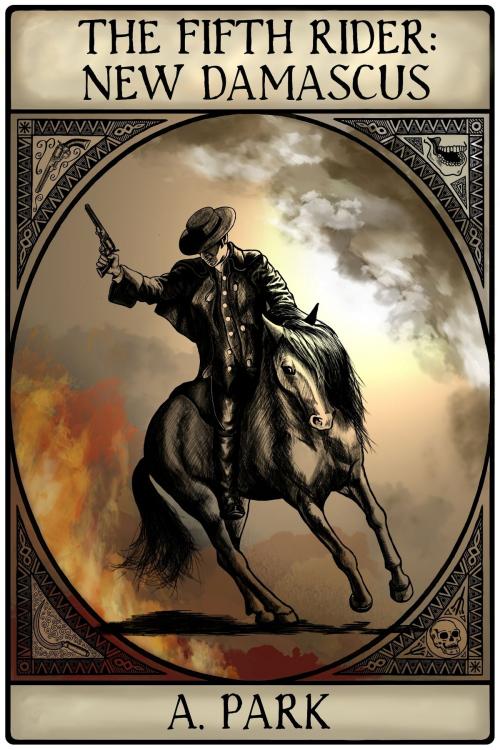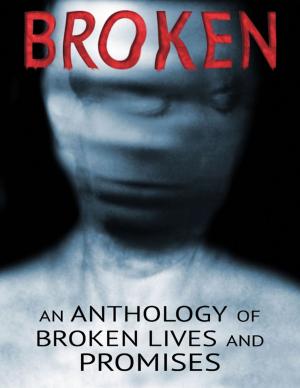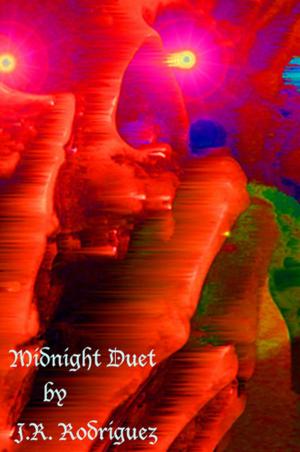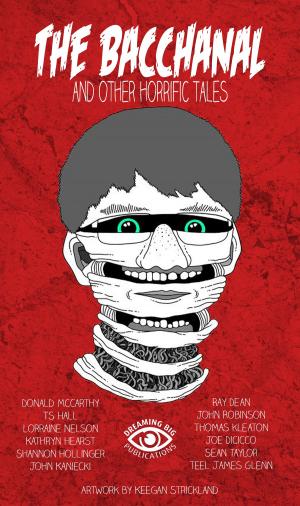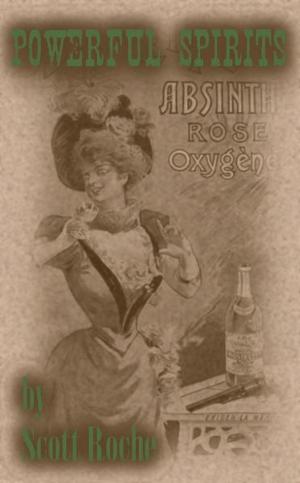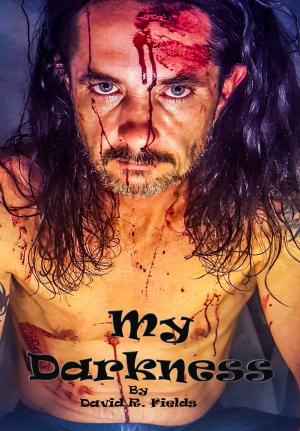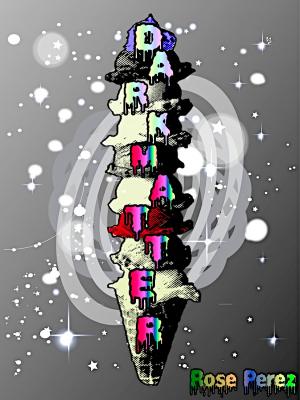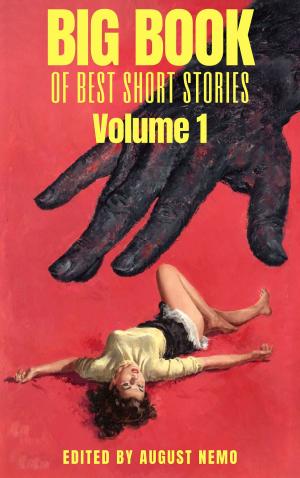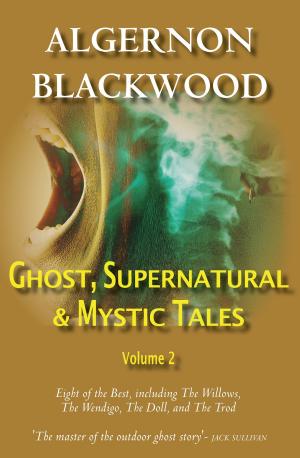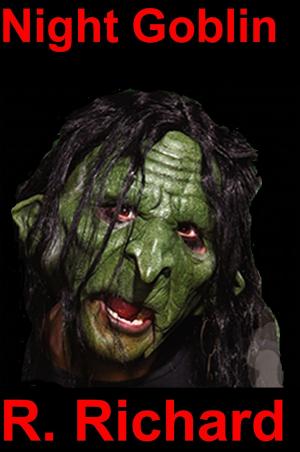| Author: | A Park | ISBN: | 9781301295593 |
| Publisher: | A Park | Publication: | May 6, 2013 |
| Imprint: | Smashwords Edition | Language: | English |
| Author: | A Park |
| ISBN: | 9781301295593 |
| Publisher: | A Park |
| Publication: | May 6, 2013 |
| Imprint: | Smashwords Edition |
| Language: | English |
New Damascus was a place of desert and mountain. It was a town suffering from a sickness, where trouble always stopped by to holiday, and strange, perverted things happened and were endured with silence. Livestock gave birth to stillborn or deformed young. Blood appeared in the well. Children disappeared. Men were overcome by episodes of dark, manic rages not even found at the bottom of a flask.
It was the preacher man in the town who finally took matters into his own hands after a New Damascus woman gave birth to a strange, dead child that looked more like a coyote pup than a person. Some say it was the Preacher’s. Some say the problem was that it wasn’t. What is certain is that he went into the desert without any food, only one water-skin and a small pistol for rattlesnakes, and stayed in the wild for seven days and seven nights.
No one knows exactly what kind of praying he did in the sand and rocks, but what answered his call certainly wasn’t God. Most are convinced he was praying for help. But what came were the black riders. They didn’t bring a kind hand. They were there to euthanize New Damascus.
Sometimes they look like scarred gunslingers with wide-brimmed hats on their heads. Sometimes they look like ghosts of old Apache chiefs, though everyone knows they exist by no man’s creed. Most say they’re tall, with hooded black robes that cover their faces. Riding Death.
New Damascus was destroyed. The Preacher never found. Most likely, the black riders killed him as well in their cleansing of the town. He may have put a bullet through his head when he saw his home burning before him. Only a few whisper that when the deed was done, the black riders hunted him down, bringing with them a fifth horse for him to sit a top of and that he rides with them today.
Those who whisper that, say that it isn’t dangerous to believe in the black riders. It is dangerous when they notice you.”
New Damascus was a place of desert and mountain. It was a town suffering from a sickness, where trouble always stopped by to holiday, and strange, perverted things happened and were endured with silence. Livestock gave birth to stillborn or deformed young. Blood appeared in the well. Children disappeared. Men were overcome by episodes of dark, manic rages not even found at the bottom of a flask.
It was the preacher man in the town who finally took matters into his own hands after a New Damascus woman gave birth to a strange, dead child that looked more like a coyote pup than a person. Some say it was the Preacher’s. Some say the problem was that it wasn’t. What is certain is that he went into the desert without any food, only one water-skin and a small pistol for rattlesnakes, and stayed in the wild for seven days and seven nights.
No one knows exactly what kind of praying he did in the sand and rocks, but what answered his call certainly wasn’t God. Most are convinced he was praying for help. But what came were the black riders. They didn’t bring a kind hand. They were there to euthanize New Damascus.
Sometimes they look like scarred gunslingers with wide-brimmed hats on their heads. Sometimes they look like ghosts of old Apache chiefs, though everyone knows they exist by no man’s creed. Most say they’re tall, with hooded black robes that cover their faces. Riding Death.
New Damascus was destroyed. The Preacher never found. Most likely, the black riders killed him as well in their cleansing of the town. He may have put a bullet through his head when he saw his home burning before him. Only a few whisper that when the deed was done, the black riders hunted him down, bringing with them a fifth horse for him to sit a top of and that he rides with them today.
Those who whisper that, say that it isn’t dangerous to believe in the black riders. It is dangerous when they notice you.”
